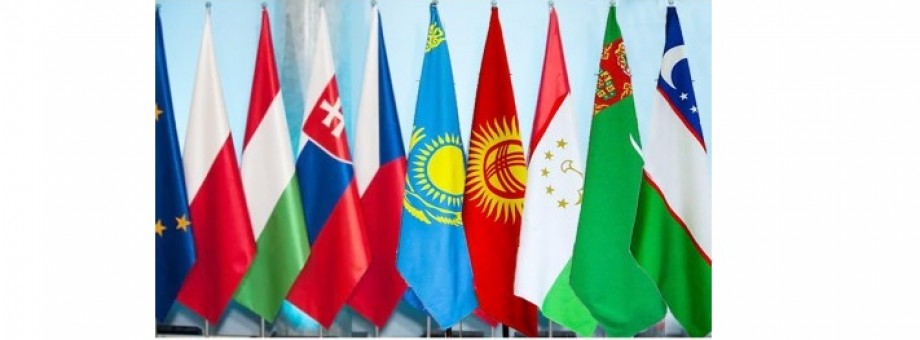ONLINE MEETING OF THE DEPUTY MINISTERS OF FOREIGN AFFAIRS OF “THE VISEGRAD GROUP – CENTRAL ASIA” HAD BEEN HELD

On April 15, 2021, the meeting of the Deputy Ministers of Foreign Affairs of “The Visegrad Group – Central Asia” had been held in videoconferencing format. The Turkmen delegation was led by the Deputy Minister of Foreign Affairs of Turkmenistan Vepa Hadjiev.
The meeting was also attended by the deputy heads of the external affairs agencies of Poland, Czech Republic, Slovakia, Hungary, Kazakhstan, Kyrgyzstan, Tajikistan and Uzbekistan.
During the meeting the diplomats discussed economic and social consequences of the pandemic COVID-19 for the countries of Central Asia, as well as the implementation of the EC Strategy for Central Asia. The review of promising and mutually acceptable areas of cooperation of the countries of Visegrad Group and Central Asia took place.
In this context, industrial sector, transport, trade and cultural-humanitarian cooperation were mentioned as potentially possible spheres of interaction of the Turkmen side within the framework of the dialogue “Visegrad Group+CA”. It was also specially underlined that creation and opportunities of international transport corridors could become a separate sphere of cooperation between the countries of this format.
In his speech V.Hadjiev noted that Turkmenistan being the responsible member of the world community, from the very beginning of the threat of the spread of COVID-19, has established close working contacts with the UN, its specialized institutions and agencies, primarily with WHO. The country advocated widespread use the mechanisms of science in combating the pandemic and its consequences. In this regard, vaccines against coronavirus infection of Russian and other foreign manufacturers were registered in the country and the process of mass vaccination of the population began.
V.Hadjiev stated that Turkmenistan consider as its priorities the expansion of political-diplomatic interaction, fight against common threats, cooperation in the field of energy, transport, trade and investments, environment and water resources, justice and law supremacy, as well as investments in youth and education.
Ensuring lasting stability and security in Central Asia is highlighted as the key factor and necessity of collective actions of all the states and international organizations for the effective combating the challenges and threats of our time, such as international terrorism, extremism, illicit trafficking of drugs, weapons and funds, as well as the cybercrime. The need to strengthen contacts in the field of information security was emphasized.


 ニュース
ニュース